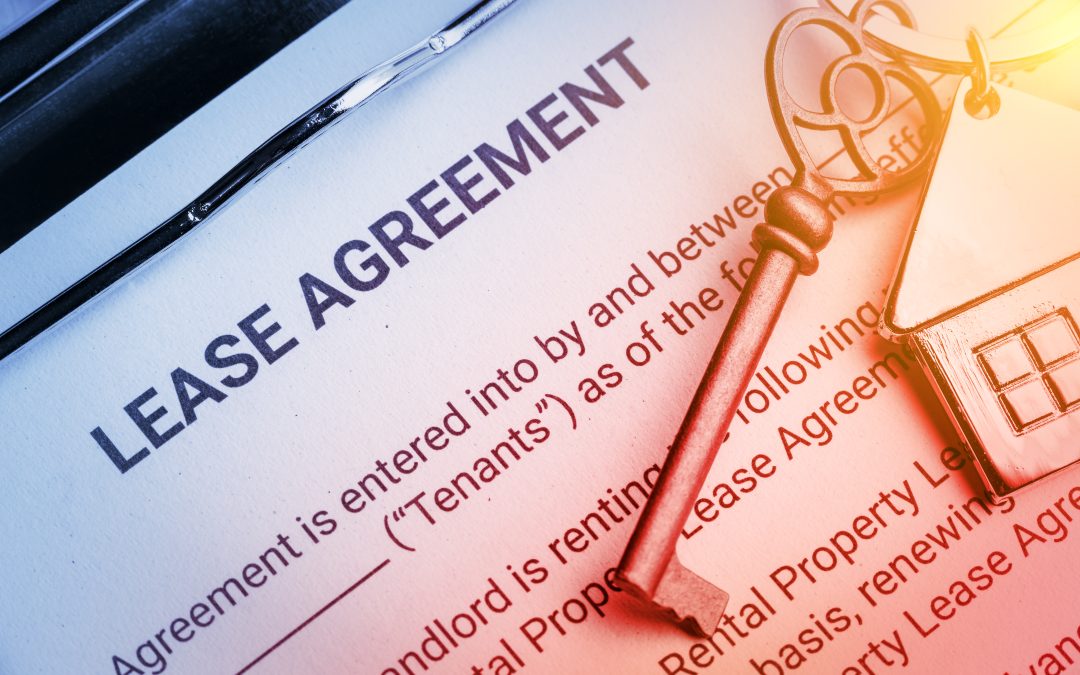The right to extend the lease of a flat is governed by law and the Leasehold Reform Housing and Urban Development Act 1993 (“the Act”). Residential Property & Development Associate, Paula Wakeling-Basham sets out a fairly simple approach to the steps involved.
A Lease is created for a tenant and the Landlord will own the freehold. The Landlord can be a person or a group of people or a company. The Lease can be created for example for 99 years or anything up to 999 years.
The less time left on the Lease the less value the property will have because the property passes (reverts) to the Landlord at the end of the term. For example you are 20 and the Lease has 60 years left to run, the likelihood is that you would hopefully be alive and well in 60 years at the time the flat would pass back to the Landlord. To avoid this, the law allows the tenant a right to extend the Lease once the tenant has owned the property for 2 years.
The right provides for the tenant to gain 90 years on top of what is remaining and also most importantly to remove the requirement to pay ground rent. If, for example, you have a lease of 70 years then the new lease would be for 160 years and no ground rent payable, in fact the word “peppercorn” is used where rent is referred to in the Lease ..to state that you will from the date of the new Lease pay a peppercorn which in reality is nothing.
The downside of course is that the Landlord will be entitled to a payment for the loss of the ground rent and value in the property due to not receiving rent for the remainder of the term and not receiving the property back until 160 years have passed, and unless the landlord is extremely lucky, will extend the life of the Landlord.
The calculation for the premium is a formula which can be found within the Act (of course the Act can be amended by any future acts that apply and one should keep updated on any amendments).
You have two choices, either approach the Landlord and agree a premium and terms for the new Lease or revert to the Notice requirements under the Act “the statutory route”.
The formal procedure is to serve Notice on the Landlord the following considerations should be addressed first :
- Are you entitled as a Tenant (are you the registered leasehold owner and have you owned the property for at least 2 years and the original term was classed as a long lease usually over 21 years. Proof of ownership will need to be provided within 21 days of its request.
- Do you have the up to date contact details for the Landlord – the Landlord and Tenant Act 1985 (“the 1985 Act” provides you have a right to ask for the contact information ie name and address and for it to be provided within 21 days) there are ways to locate the missing Landlord and information can be provided by us if you are concerned that you cannot locate the Landlord.
- The Landlord is a competent Landlord ie that he has a good freehold interest and can give 90 years.
- Do you have a solicitor and a surveyor/valuer to guide you through the steps of valuation and the best and worst case scenarios of the application and to set in motion the steps to achieve a new Lease and the registration of the Lease at the Land Registry.
- Calculate the premium you will need to pay to the Landlord
- Ensure you will have access to funds to able to pay the premium and if requested a deposit which can be 10% of the Premium or £250 whichever is more,
- Your solicitor will now prepare the Section 42 Notice and run through the steps that follow
Once you have given formal Notice to the Landlord the procedure is running and you will need to follow procedures and time-lines. If you fail to adhere to the procedures and time-lines your application may fail. See the procedures and time-lines in the guide below.
The Landlord has a right to inspect the flat and carry out a valuation. For an inspection the Landlord must give 3 days’ notice.
You should ensure you also have funds for the Landlord’s solicitors fees and the Landlord valuation fee, you will be responsible to pay the reasonable fees incurred from the date you serve Notice even where your application fails. The Act states what costs can be recovered by the Landlord’s solicitors and your solicitor will advise you of these but they should be “reasonable”.
If there is a pending or fresh application that you do not know about where the other leaseholders make a joint application to purchase the freehold known as collective enfranchisement then your application will be suspended.
To protect your application the Notice can be registered at the Land Registry and this will protect your application until the procedure has completed. If the Landlord wishes to sell the freehold then the procedure will continue with the new owner as if the new owner had been served with the Notice. The Notice will fix the valuation ie the number of years left and the present value of the flat will be fixed at the date of the Notice.
Of course the Landlord may challenge the Notice or you will receive the Counter-Notice. The Landlord may :
- Admit your right to the new Lease and accept your suggested terms
- Not admit the right and the Landlord will have to give reasons – the matter would then be referred to the Courts.
- Claim the right to re-develop and prove to the Court that there is an intention to develop the land, demolish and/or redevelop the building but this only applies where the Lease has less than five years left from the date of the Notice.
- Fail to respond then you can make application to the Court for a “Vesting Order” and this can also be applied for where the Landlord cannot be traced.
The Landlord may be a company in receivership and you will serve the Notice on the Receiver. If the Landlord is a bankrupt you can serve the Notice on the Trustee in Bankruptcy.
You can get more advice and guidance from us at any time during the preparation stage, we would suggest however this is not after serving the Tenant’s Notice due to the strict time-lines. We have provided a guide below. At the initial stages you can obtain an idea of the valuation from www.gov.uk/leasehold-property/extending-changing-or-ending-a-lease
Procedures and time limits
- The Act provides a step to serve an information notice but this is not strict and you do not have to serve it.
- The landlord must respond within 28 days if you do.
- Serve a s42 Tenant’s Notice.
- Obtain a valuation – remember the ‘valuation date’ will be fixed as the date of Notice served.
- The landlord may ask for more information, but they must do this within 21 days of receiving the Notice.
- Likewise you have 21 days to provide the requested information.
- The landlord must serve a Counter-Notice by the date stated in the Tenant’s Notice. This date must be at least two months from the date you serve the Tenant’s Notice.
- As detailed above – If the Landlord does not serve the Counter-Notice by the date give in the Tenant’s Notice, you can apply to the court for a Vesting Order but this must be within six months.
- If the Landlord serves a Counter-Notice, you or the Landlord may apply to the Tribunal for an independent decision. This must be done no sooner than two months from the date the Counter Notice is served and within six months of the date the counter-notice is served and the Tribunal application fee is £100 and when the hearing date is given the fee for the hearing will be required – this is £200.
- The Tribunal will make a decision which becomes final after 28 days. If you do not agree with the decision, you can appeal to the Upper Tribunal (Lands Chamber) within the 28 days from the Tribunal decision .. if you have the Tribunal’s consent to do so.
- Once the Tribunal’s decision becomes final both you and the Landlord will have two months to finalise the new Lease.

Note: If the landlord does not complete the new Lease within two months of the Tribunal’s decision becoming final, there will be a further period of two months to return to the Tribunal to obtain an Order to the Landlord requiring the Landlord to comply with the Tribunal’s decision.
How we can help
Contact Paula Wakeling-Basham for advice on extending your lease on 01392 301092 or email [email protected]
Paula Wakeling-Basham
Email us : [email protected]
call one of our offices:
South Devon 01803 213251
Exeter 01392 274006
North Devon 01271 342268
You can also complete an online enquiry form. One of the Wollens team will contact you as soon as they are available.



